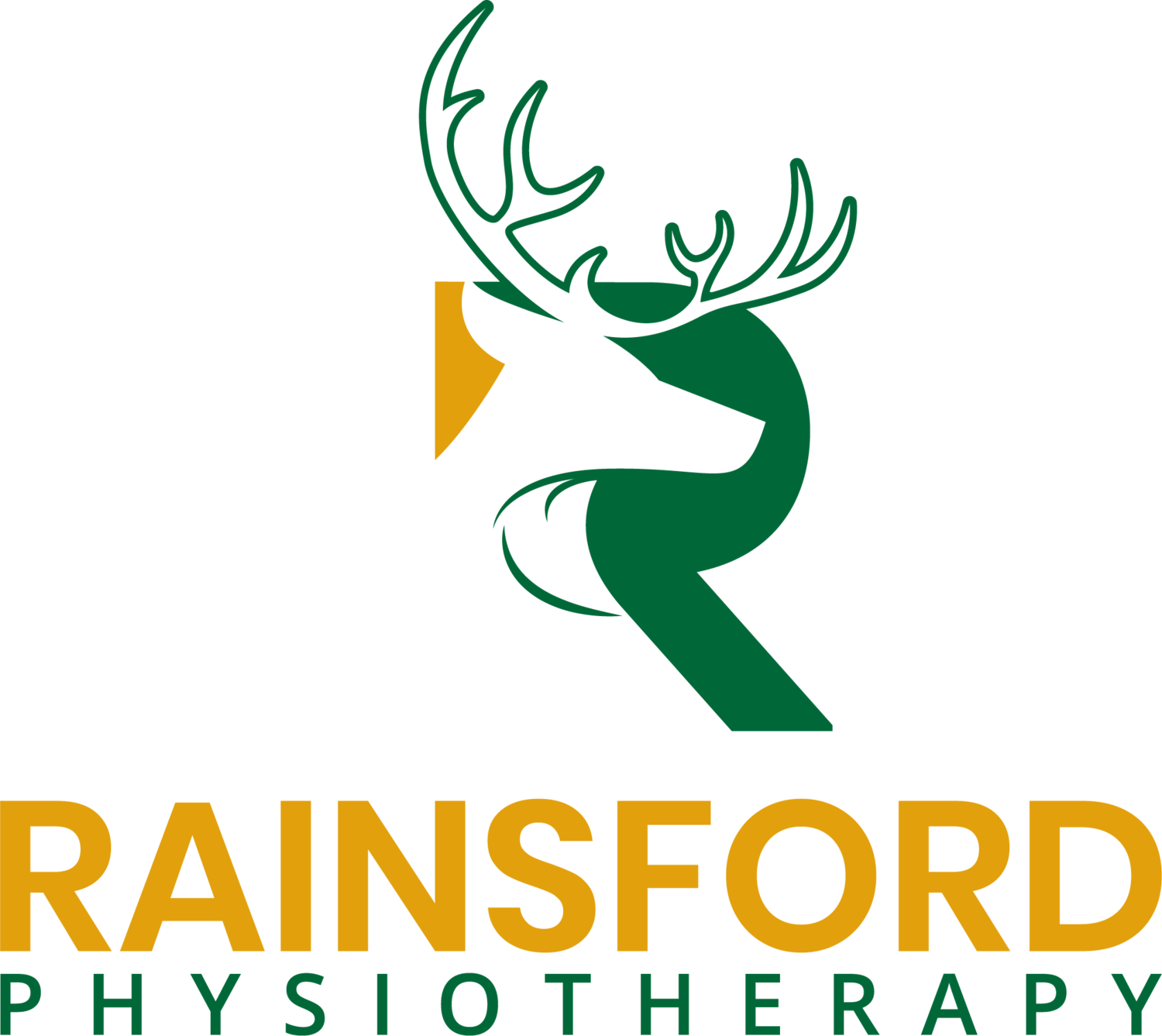The Mystery of Muscle Memory
Isn’t it amazing how effortlessly you can ride a bike or play an instrument, even if its been years since you last tried? You may have heard the term "muscle memory" used to explain this phenomenon. But is it just a catchy phrase or a scientific fact? Let's look at a few research articles to unlock the mystery of muscle memory!
Several scientific studies have shed light on the phenomenon of muscle memory. Researchers at the University of Pittsburgh found that when we learn a new motor skill, our brains create neural pathways that facilitate the movement. These pathways, thought to be stored in a part of the brain called the basal ganglia, become more efficient over time (ie. with repetition), leading to improved motor performance (1). But it's not just the brain that is involved. A study from the University of New South Wales discovered that muscles themselves can retain a memory of previously learned movement patterns (2), although the mechanism is not well understood. This suggests that muscles have the ability to "remember" how to perform specific movements at a cellular level, even after a period of inactivity.
The concept of muscle memory has significant implications for Physical Rehabilitation. For patients recovering from injuries or surgeries that affect their motor skills, harnessing the power of muscle memory can be beneficial. Physiotherapists can design rehabilitation programs that incorporate repetitive practice and regular physical activity to help patients retrain their muscles and regain lost motor skills. Moreover, consolidating motor skills in the brain through repetition can make it easier for patients to retain and retrieve those skills in the future.
In conclusion, scientific research appears to show some support for the existence of muscle memory, which involves both the brain and muscles, although more research is needed to further explain the mechanisms involved. By leveraging the power of muscle memory through repetitive practice and physical activity, patients can improve motor performance and enhance their recovery. So, the next time you effortlessly pick up a skill you haven't practiced in a while, you can thank the fascinating concept of muscle memory for making it possible!
References:
Cooper, L. A., Demorest, S. M., & Farley, M. F. (2002). Specificity of expertise: Effects of experience and task familiarity on surgical performance. Surgical innovation, 9(4), 232-240.
McDonald, K., & Fung, J. (2013). Increased motor unit recruitment threshold as a marker of muscle adaptation to training. Muscle & nerve, 48(4), 485-491.
- Thanks for reading and keep looking for more posts in the future on other ‘hot topics’ in the world of Physiotherapy and Physical Rehabilitation!

